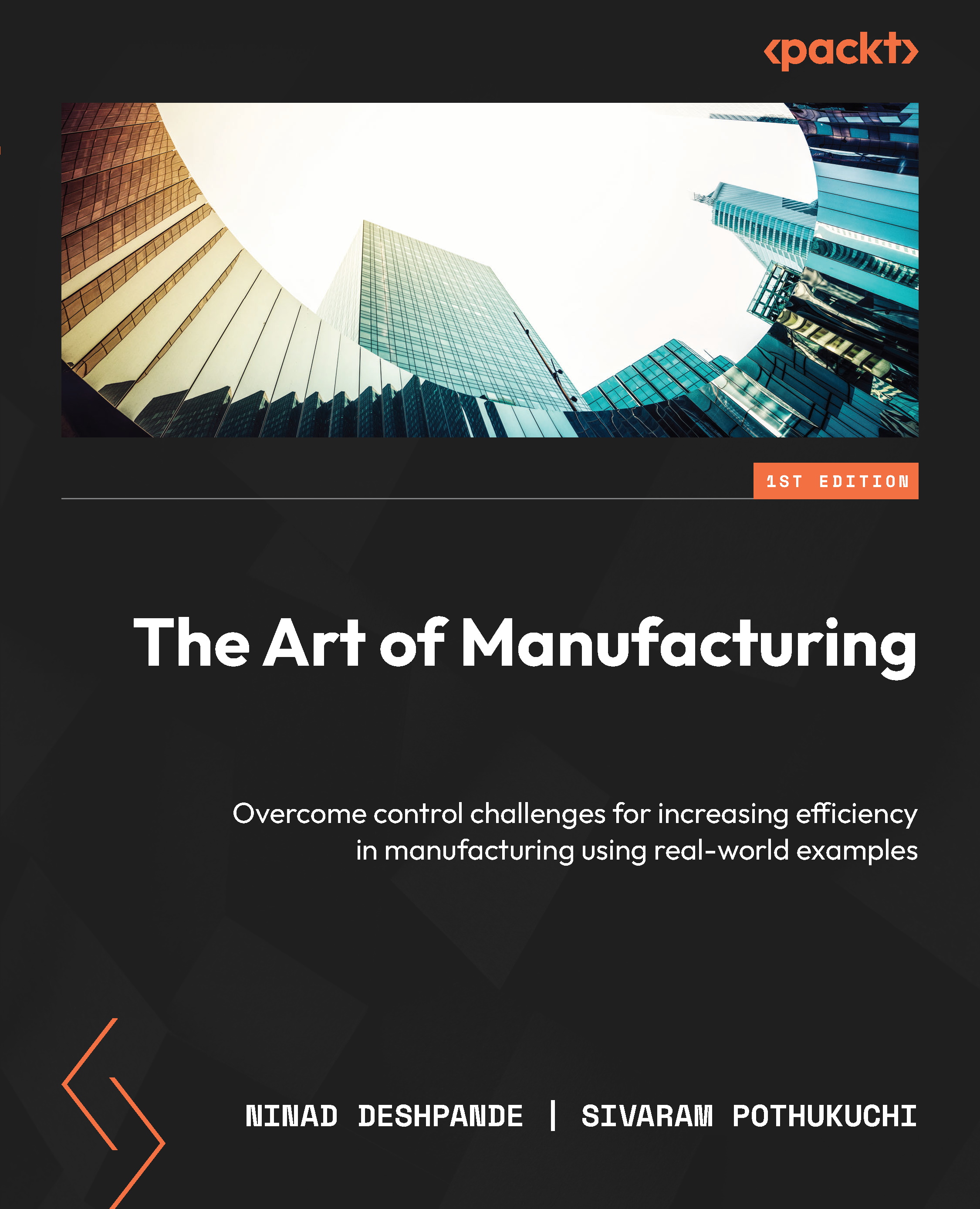Programming platforms and programming languages
A programming platform is a suite of software that provides facilities for entering and editing a PLC program along with a compiler and a debugger. Furthermore, there will be a downloader and sometimes an uploader. Programming platforms are mostly PLC manufacturer specific.
Application software is written in a human-readable form and many choices are available. Previously, there was a plethora of programming languages—every vendor had its own variant of programming language. Therefore, a standard was developed by the International Electrotechnical Commission (IEC). This standard is defined under clause IEC 61131-3.
IEC 61131-3 languages
The majority of PLC systems adhere to the IEC 61131-3 standard that defines two textual programming languages: structured text (ST) and instruction list (IL); as well as three graphical languages: ladder diagram, function block diagram (FBD), and sequential function chart (SFC). Some systems...



























































